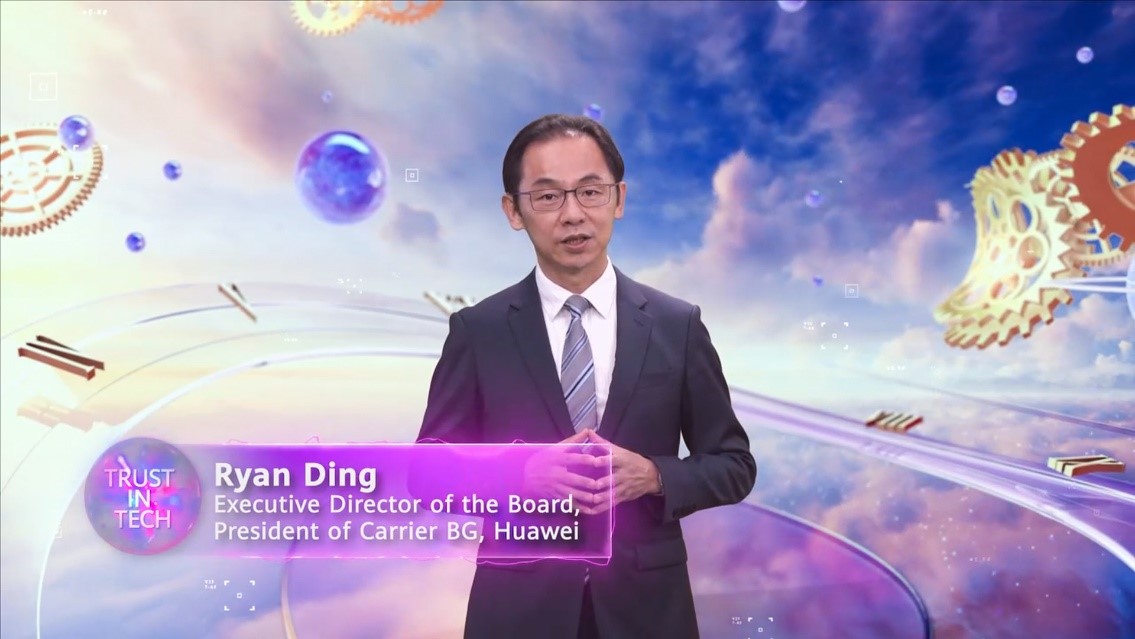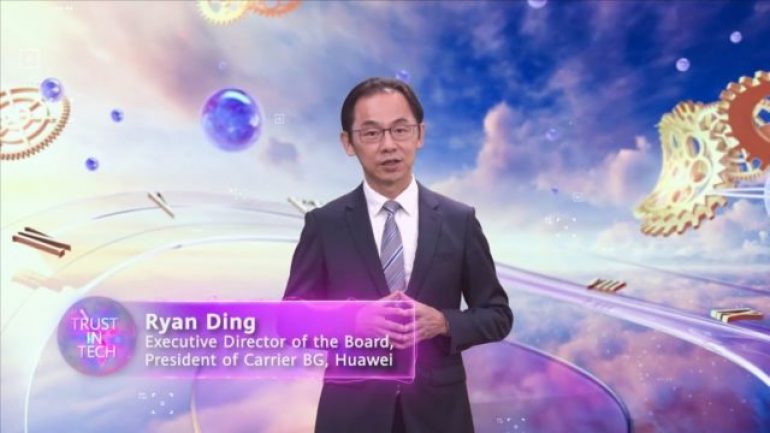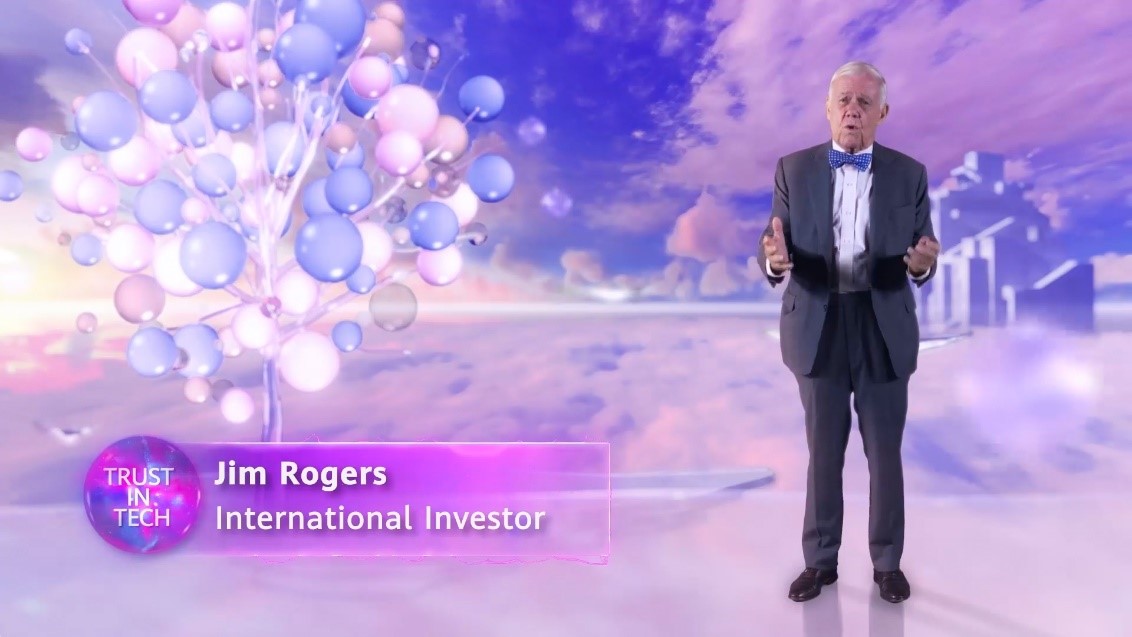Huawei hosted its second annual TrustInTech Summit, which was attended by ICT industry experts, academia, and economists from around the world.
The list of speakers included Huawei’s Executive Director of the Board and President of the Carrier Business Group, Ryan Ding, Jim Rogers, an international investor, and GSMA CMO Stephanie Lynch-Habib.
The summit focused on ICT’s critical role as the key digital infrastructure to support societal wellbeing and economic recovery, the need to embrace open collaboration, and the push to defeat the unnecessary fear of adopting new technologies.
 In 2020, ICT played a vital role in resuming work and production during the pandemic. The year has witnessed the exponential growth of 5G business applications, with 5G scenarios expected to raise the global GDP by US$1.4 trillion by 2030.
In 2020, ICT played a vital role in resuming work and production during the pandemic. The year has witnessed the exponential growth of 5G business applications, with 5G scenarios expected to raise the global GDP by US$1.4 trillion by 2030.
At the summit, STL Partners co-founder Chris Barraclough stressed the transformative role of 5G in the manufacturing, energy, and healthcare sectors. Huawei Enterprises’s expert in digital transformation, Edwin Diender, explained the role of how 5G, AI, big data, and cloud computing paved the way for faster drug screening and diagnoses, intelligent monitoring, and remote working and education during the pandemic.
 GSMA CMO Stephanie Lynch-Habib shared that 5G’s rollout in 2020 has brought over 100 5G networks in 47 countries with a number of regions are leading in making 5G a mature application.
GSMA CMO Stephanie Lynch-Habib shared that 5G’s rollout in 2020 has brought over 100 5G networks in 47 countries with a number of regions are leading in making 5G a mature application.
5G is set to influence consumer-oriented industries like e-commerce, and boost innovative services such as virtual reality and augmented reality, standard networking slicing models and edge computing will deliver high reliability, low latency, high throughput, and service customization.
Huawei Carrier Business Group CTO Paul Scanian called 2020 a Sputnik moment.
Similar to how the first man-made satellite Sputnik was successfully launched in 1957, thus bringing humanity into the age of space exploration, as 5G matured in 2020, everything changed. The industry began to accelerate 5G adoption, offering spectrum discounts, innovating business models, and driving industry transformation. That’s never happened in the last 10 years.
“Anybody taking a unilateral approach to anything, certainly to technology and economics, are going to have problems,” said international investor Jim Rogers. “Foreign policy should be around opening. We need to avoid protectionism, especially in technology.”
– Jim Rogers, International Investor
Professor Jin Keyu of the London School of Economics also echoed during the summit.
[In today’s world], it’s less about competition, rivalry, and substitution, and
more about collaboration, complementarity, and cooperation.
Ryan Ding, Huawei’s Executive Director of the Board and President of the Carrier Business Group, emphasized that an open and trusted ecosystem is required for everyone to share the prosperity brought by technology. The ICT industry needs to continue adopting unified technical and security standards.
“Politics should stay away from technical issues. We need to remain fair and open to drive
technological cooperation. Industry cooperation is not a zero-sum game. If an
isolated approach is adopted now, while new technology is unlocking social and
business value at a faster rate, the victim will not be one company.”
Emman has been writing technical and feature articles since 2010. Prior to this, he became one of the instructors at Asia Pacific College in 2008, and eventually landed a job as Business Analyst and Technical Writer at Integrated Open Source Solutions for almost 3 years.





